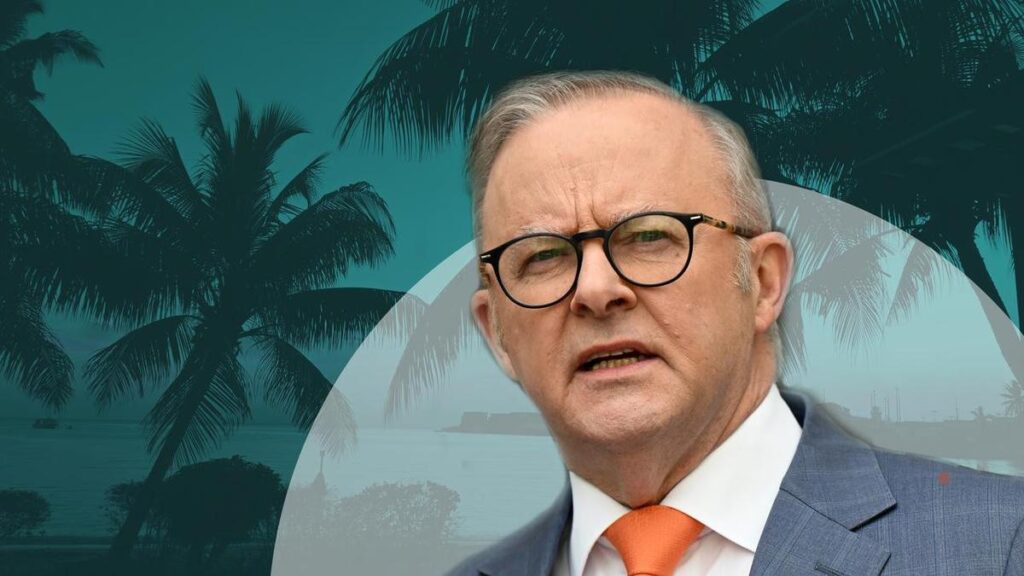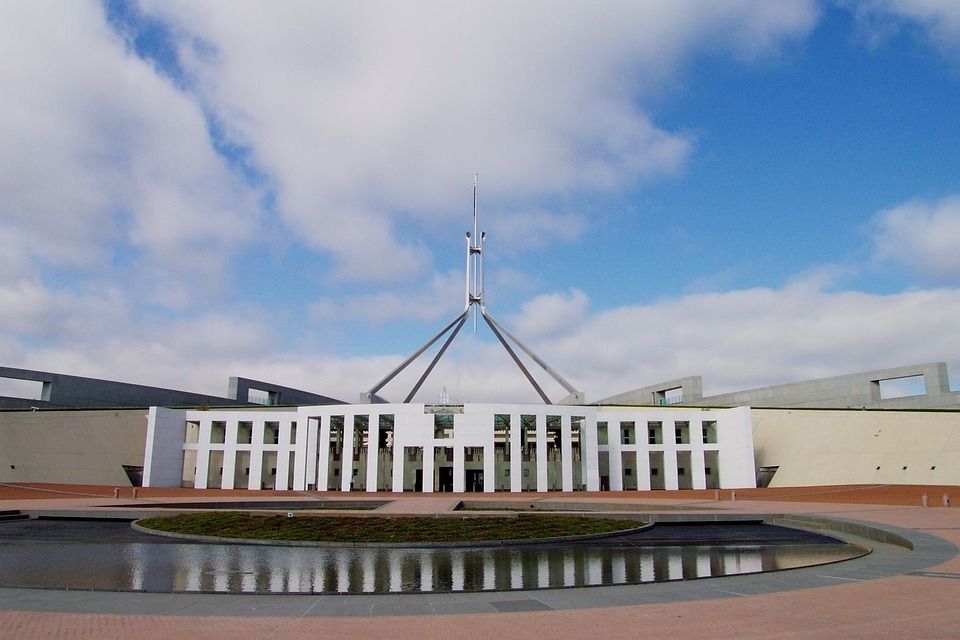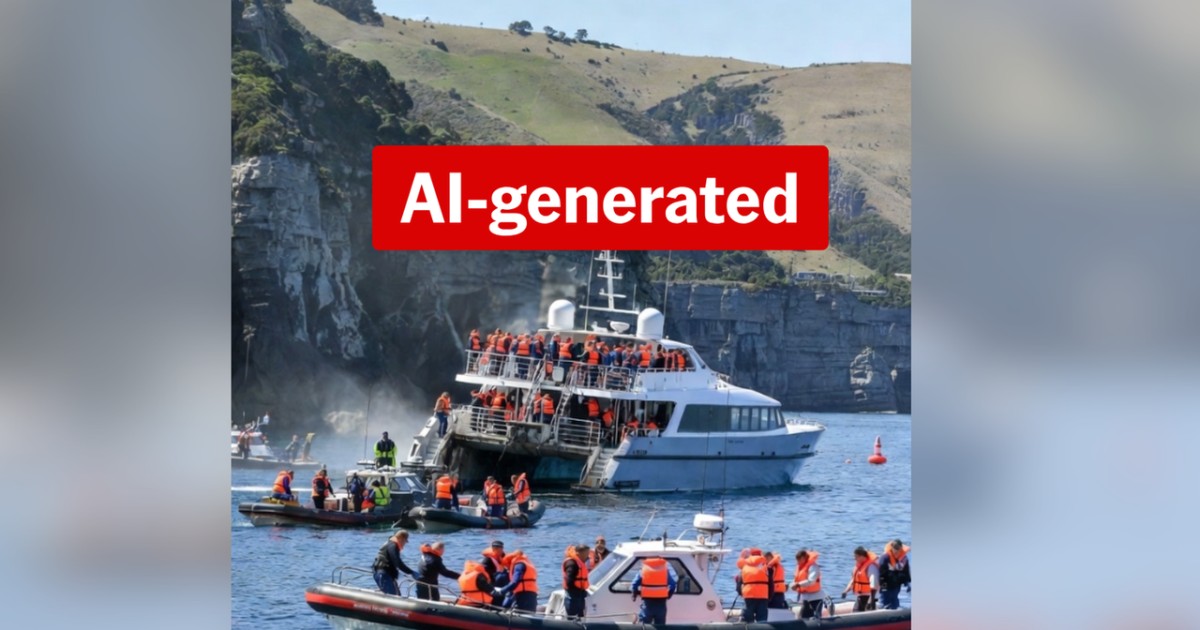
Prime Minister Anthony Albanese is under scrutiny following the failure to finalize significant agreements with Papua New Guinea (PNG) and Vanuatu, just ahead of his upcoming visit to the United States. As he prepares to attend the annual gathering of world leaders at the United Nations General Assembly, these setbacks in the Pacific may have implications for Australia’s diplomatic standing.
During a recent visit to Port Moresby, Albanese left without the anticipated “crocodile” defence treaty with PNG. The agreement was stalled because the cabinet of the PNG government could not reach a quorum. Instead of a signed treaty, the two leaders issued a communique outlining the key aspects of the proposed pact. Albanese characterized the situation as having “no downside,” insisting that the communique clearly specified the intended agreement.
In addition to the PNG setback, Albanese returned empty-handed from a trip to Vanuatu, where he aimed to secure a $500 million deal that would provide Australia with veto power over Chinese investments in critical infrastructure. Following these developments, Albanese expressed optimism that the PNG treaty would be finalized in the coming weeks, despite the lack of a signed document.
The Prime Minister’s comments drew criticism from the Australian opposition. Shadow ministers, including Michaelia Cash, Angus Taylor, and Jason Wood, labeled the delays as “another embarrassment of the prime minister’s own making.” They argued that repeated failures in the Pacific undermine Australia’s regional standing and security interests.
As Albanese prepares for discussions with US President Donald Trump, the implications of these stalled agreements may weigh heavily on Australia’s diplomatic efforts. According to research fellow Oliver Nobetau from the Lowy Institute, these failures could reinforce perceptions in the US that Australia is not doing enough to ensure security in the Pacific. “This could have demonstrated that Australia and Papua New Guinea see themselves as a big brother, capable of maintaining regional stability,” he noted.
Nobetau further emphasized the need for the Albanese government to reassess its diplomatic strategy. He suggested that a revised approach may be necessary to instill confidence among Melanesian nations, which are crucial for future agreements. The stalled negotiations risk missing significant opportunities for strengthening regional security and influence.
With the backdrop of his US visit, Albanese faces the challenge of addressing these criticisms while advocating for Australia’s role in the Pacific. The forthcoming discussions at the United Nations will likely spotlight the importance of Australia’s commitments to regional security and its relationships with neighboring nations.







